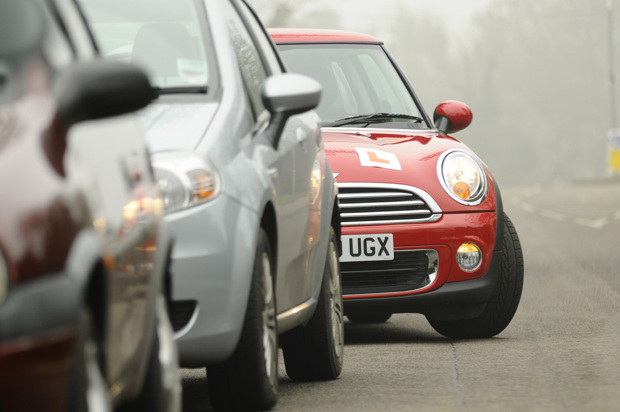Parents stepping in as cost of driving lessons grows

As waiting times for driving tests continue to worsen, many parents are stepping in, with one in three now saying they are helping teach their children to drive.
For many, this is also helping offset the growing cost of lessons – potentially saving families hundreds of pounds.
Go.Compare surveyed parents of drivers aged 17-25 and found that while 90% of youngsters had lessons with a driving school, 35% were also taught by a parent or guardian.
Lessons typically cost £35 an hour and the DVSA reckons learners generally need around 45 hours of professional lessons before passing their test.
That’s a potential bill of more than £1500 for tuition alone.
An increasing number of parents are now taking on some of those practice hours themselves, to try and reduce the number of lessons their child needs.
While professional lessons are still important for structured tuition on manoeuvres, motorway driving and test preparation, parental practice can be used to reinforce this training.
DVSA waiting times of five months or more are also behind the growing trend for more parental driving lessons, who are keen for children to keep on practicing and maintain momentum while they wait.
"Parents can make a huge difference by supplementing professional lessons," says Go.Compare car insurance expert Tom Banks, "but it’s vital these practical lessons are safe, legal and properly insured."
It’s a legal requirement that learners are properly covered, either through a specialist learner driver policy, or by being added as a named driver to a parent’s policy.
"Learning to drive has become a real financial stretch. Combining driving school lessons with parental support is the best of both worlds – it saves money, builds confidence and helps learners develop into safer drivers," adds Banks.

